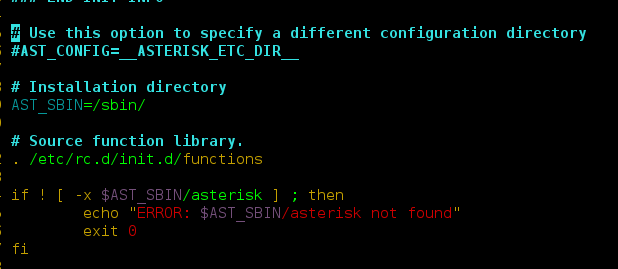In the previous article, the Opening operator was specified which was applying the erosion operation after dilation. It helps in removing the internal noise in the image. Closing is similar to the opening operation. In closing operation, the basic premise is that the closing is opening performed in reverse. It is defined simply as a dilation followed by an erosion using the same structuring element used in the opening operation.
Syntax: cv2.morphologyEx(image, cv2.MORPH_CLOSE, kernel)
Parameters:
-> image: Input Image array.
-> cv2.MORPH_CLOSE: Applying the Morphological Closing operation.
-> kernel: Structuring element.
Below is the Python code explaining Closing Morphological Operation –
Python3
# Python program to illustrate # Closing morphological operation # on an image # organizing imports import cv2 import numpy as np # return video from the first webcam on your computer. screenRead = cv2.VideoCapture(0) # loop runs if capturing has been initialized. while(1): # reads frames from a camera _, image = screenRead.read() # Converts to HSV color space, OCV reads colors as BGR # frame is converted to hsv hsv = cv2.cvtColor(image, cv2.COLOR_BGR2HSV) # defining the range of masking blue1 = np.array([110, 50, 50]) blue2 = np.array([130, 255, 255]) # initializing the mask to be # convoluted over input image mask = cv2.inRange(hsv, blue1, blue2) # passing the bitwise_and over # each pixel convoluted res = cv2.bitwise_and(image, image, mask = mask) # defining the kernel i.e. Structuring element kernel = np.ones((5, 5), np.uint8) # defining the closing function # over the image and structuring element closing = cv2.morphologyEx(mask, cv2.MORPH_CLOSE, kernel) # The mask and closing operation # is shown in the window cv2.imshow('Mask', mask) cv2.imshow('Closing', closing) # Wait for 'a' key to stop the program if cv2.waitKey(1) & 0xFF == ord('a'): break # De-allocate any associated memory usage cv2.destroyAllWindows() # Close the window / Release webcam screenRead.release() |








